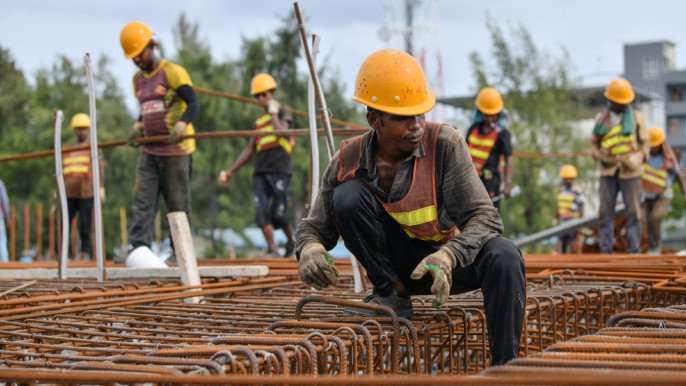Albania to ease work visa rules for foreign nationals amid labor shortages

The Albanian government is preparing legal changes to simplify procedures for bringing foreign workers into the country, particularly from third countries that do not enjoy free movement within the EU. The aim is to address growing labor shortages in sectors such as tourism, manufacturing, and construction.
Why is this important: The proposed amendments to the 2021 Law “On Foreigners” would grant the Ministry of Economy the authority to negotiate bilateral labor agreements with other countries. One such agreement is already in the works with the Philippines, with the goal of bringing up to 40,000 skilled workers to Albania. Negotiations have also started with Indonesia.
Context: Albania is facing significant gaps in its workforce, especially in low-wage and seasonal sectors. According to official data, more than 9,000 foreign nationals currently work in the country—mainly from Turkey, Bangladesh, India, and Nepal. These workers are largely employed in tourism, construction, and wholesale trade.
The draft law removes several bureaucratic hurdles. For example, under the current law, foreign workers must apply for work permits through Albanian embassies abroad. The proposed changes would allow them to apply online for a visa up to 90 days before their planned arrival. In addition, the requirement to deposit a financial guarantee in an Albanian bank account has been scrapped. Applicants will now only need to prove financial self-sufficiency through a bank statement.
What else: Work permits will be issued based on labor market needs. Employers must first attempt to hire from the domestic labor pool, including unemployed citizens, family members of Albanian nationals, and citizens from neighboring countries such as Kosovo, Serbia, North Macedonia, Montenegro, and Bosnia and Herzegovina, as well as from EU and U.S. citizens.
The government sees the reform as essential for maintaining economic growth and competitiveness, particularly as Albania positions itself as a growing destination for tourism and light industry.


